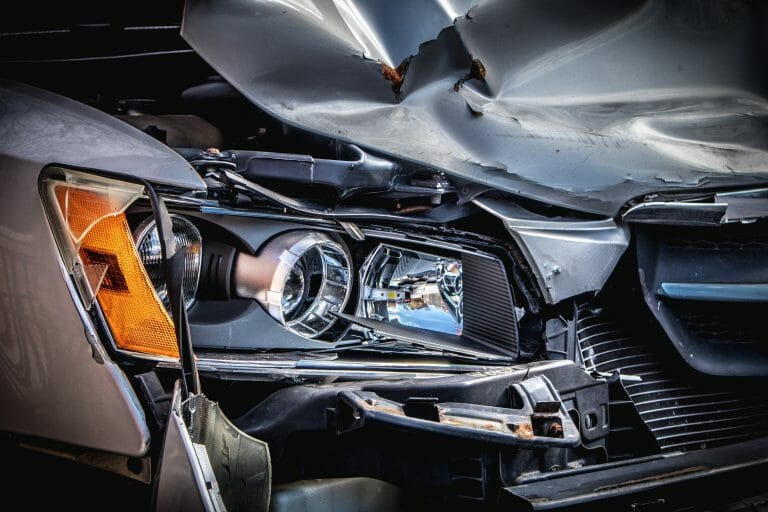If you’ve recently been involved in a car accident, then it is quite likely that lawyers have contacted you. It’s not uncommon for people to get into accidents and suddenly find themselves talking to a lawyer who also gets paid by their insurance company. The problem is that many people only learn the hard way—through filing suit—that they do not have a case against their negligent driver.
Why you might lose your car accident lawsuit. Learn what to do:
1. The Lawsuit Is Not Sufficient
For a plaintiff to collect damages from an at-fault driver, they must show that the driver was negligent. While every driver can be held responsible for their actions, it is up to juries to decide whether a driver’s negligence rises to legal liability. The burden of proof rests with the plaintiff in personal injury and wrongful death cases. Judges are not allowed to assume that a defendant was negligent.
2. The Driver Was Involuntarily Involved
A driver may be held liable only if they were engaged in a relatively dangerous activity that caused the plaintiff’s injuries. However, a driver will not be responsible for the actions of a reckless third party who collides with another motorist. Even if there is some evidence that the defendant was negligent because they did not try to avoid the accident, other drivers may still be found responsible because they were also negligent. If a driver was hit by another vehicle, the other driver must have been at fault for the accident to be considered the defendant’s fault. Similarly, if a driver was hit from behind and there is evidence that they were traveling too fast or were on a wet road, they may still be found responsible for causing the accident.
3. Plaintiff Was Not Seriously Injured
Someone seriously injured during an accident is more likely to win damages. However, the fact that the plaintiff has suffered a significant injury does not automatically mean they have a good case. There are many ways to prove serious injury and severe pain without showing permanent damage, such as psychological injury. The existence of severe pain after an accident is often proven by evidence of immediate treatment in the emergency room. However, there are many cases where people have had to endure more extensive medical treatment and still have failed to win their cases.
4. Plaintiff Did Not Comply with The Law
Most car accident cases fall into two classes, “property damage only” and “no-fault” claims. While most people think of no-fault claims as those in which there is no mention of which party was at fault, the terms have a specific meaning in insurance law. To recover damages from another driver, the plaintiff must prove that they complied with the rules set forth by their insurer. The exact rules may vary, but in some states, no-fault claims are made by selling a certain number of days’ worth of medical bills and using those reports to show that the accident was directly responsible for all of the plaintiff’s injuries.
5. The Plaintiff’s Attorney Was Not Competent
The plaintiff usually hires an attorney to represent them in car accident lawsuits. While some attorneys do a better job than others, and some do a terrible job, even the best of lawyers may not be able to win a case. The main problem is that most people agree with the other driver that they didn’t cause the accident and have no liability for the damage their vehicle caused.
Learn What to Do
If you got injured in a car accident, you must know how to win a car accident lawsuit. The first step in winning your car accident lawsuit is hiring an attorney with a proven track record of success. It would be a waste of money and time to spend thousands of dollars and months on developing a case that is unlikely to be successful. A lawyer with experience will know the potential weaknesses in the case and will be able to show that the other side’s position is not supported by law or facts. If a case has little likelihood of success, the lawyer will decline it. The most important thing to look for in an attorney is experience.
The second step is to make sure that the client has all of the required documentation. This means statements from eyewitnesses, photographs, and police reports—anything that would be relevant to proving that a driver was negligent in causing an accident. The other driver’s insurance company will certainly have all that information, and the client needs to ensure they have all of it. If it isn’t available, then the case can’t be won. Instead of looking at months of research and combat, a lawyer would likely start looking for ways to settle out of court early in the process.




